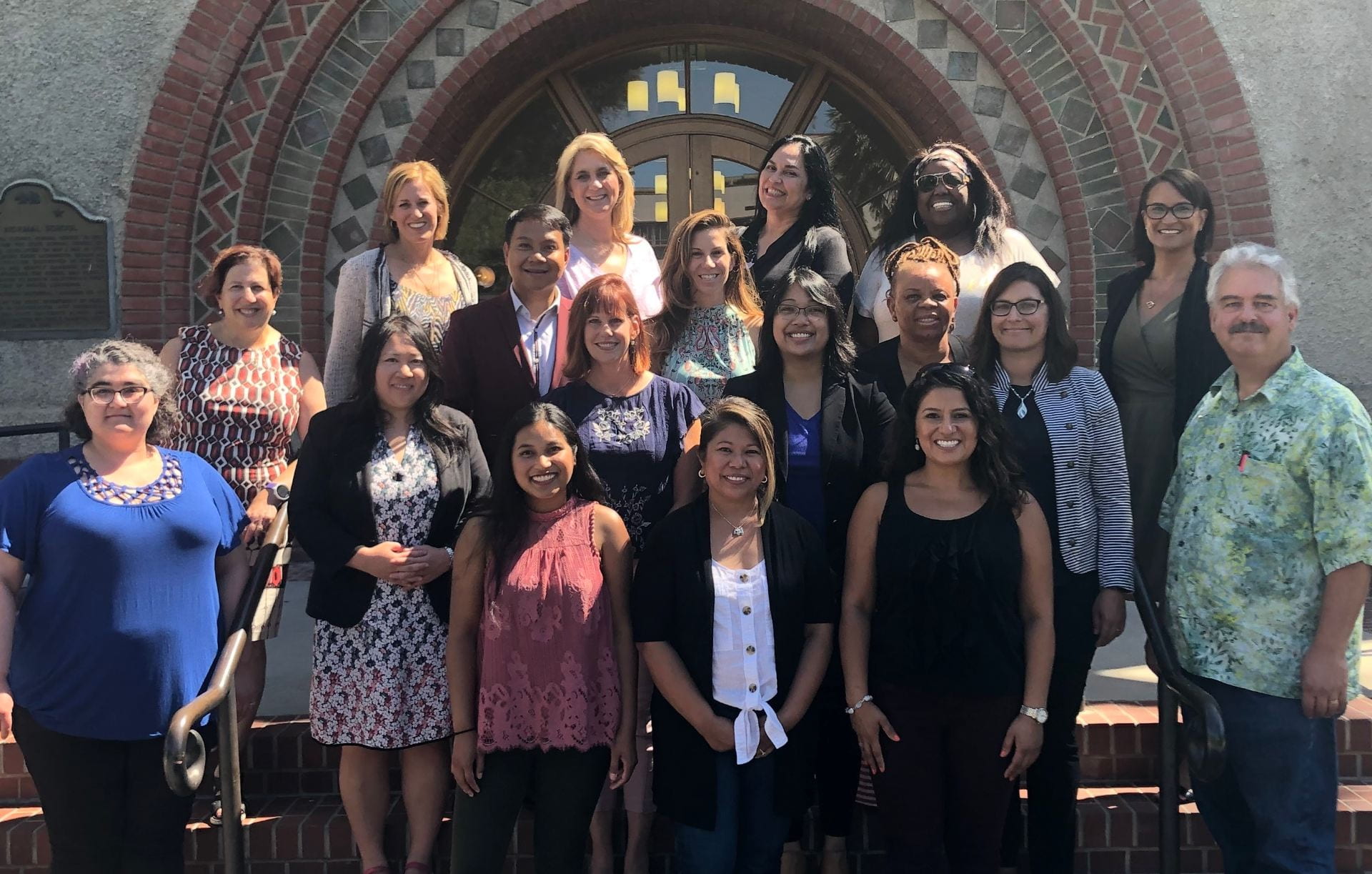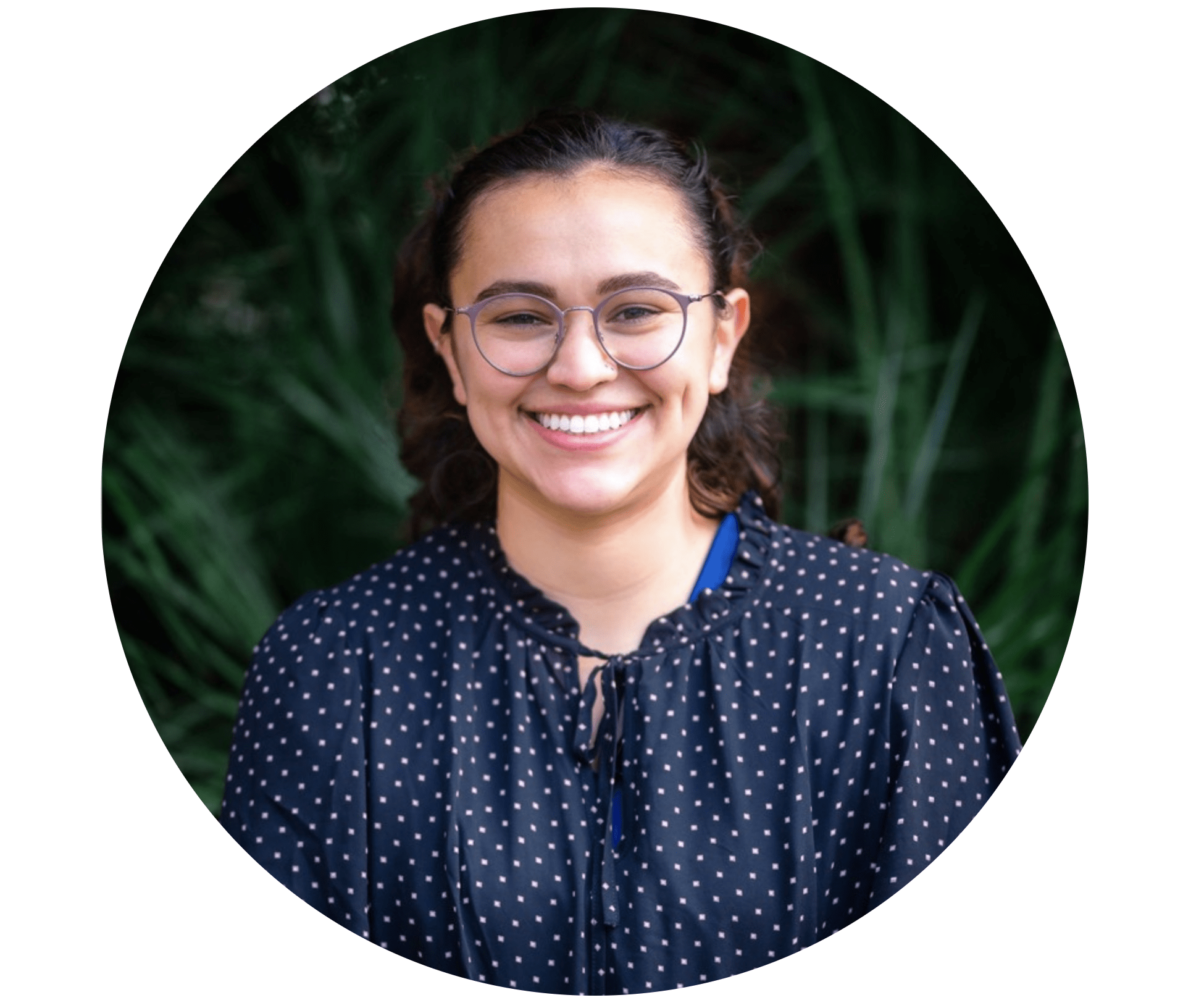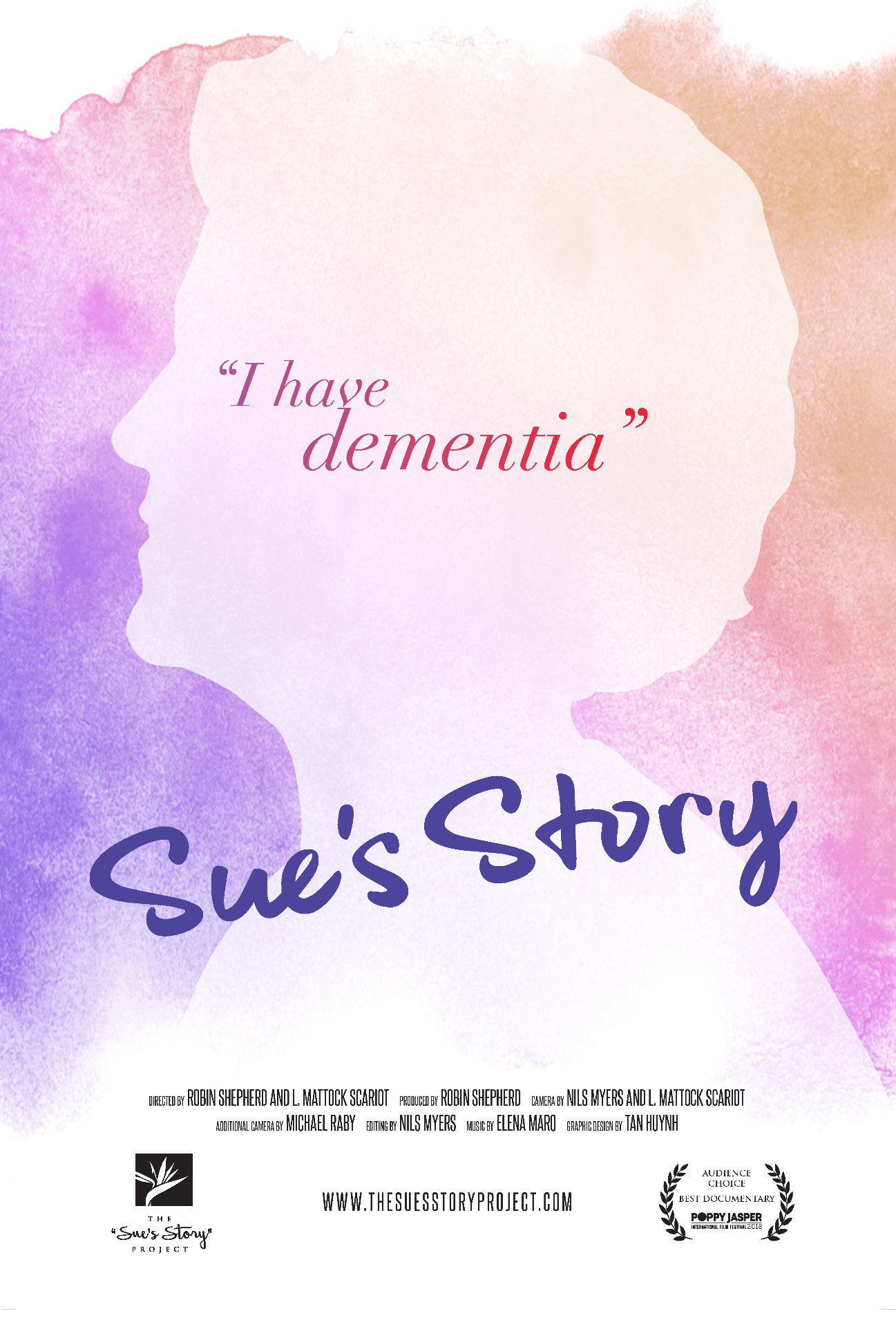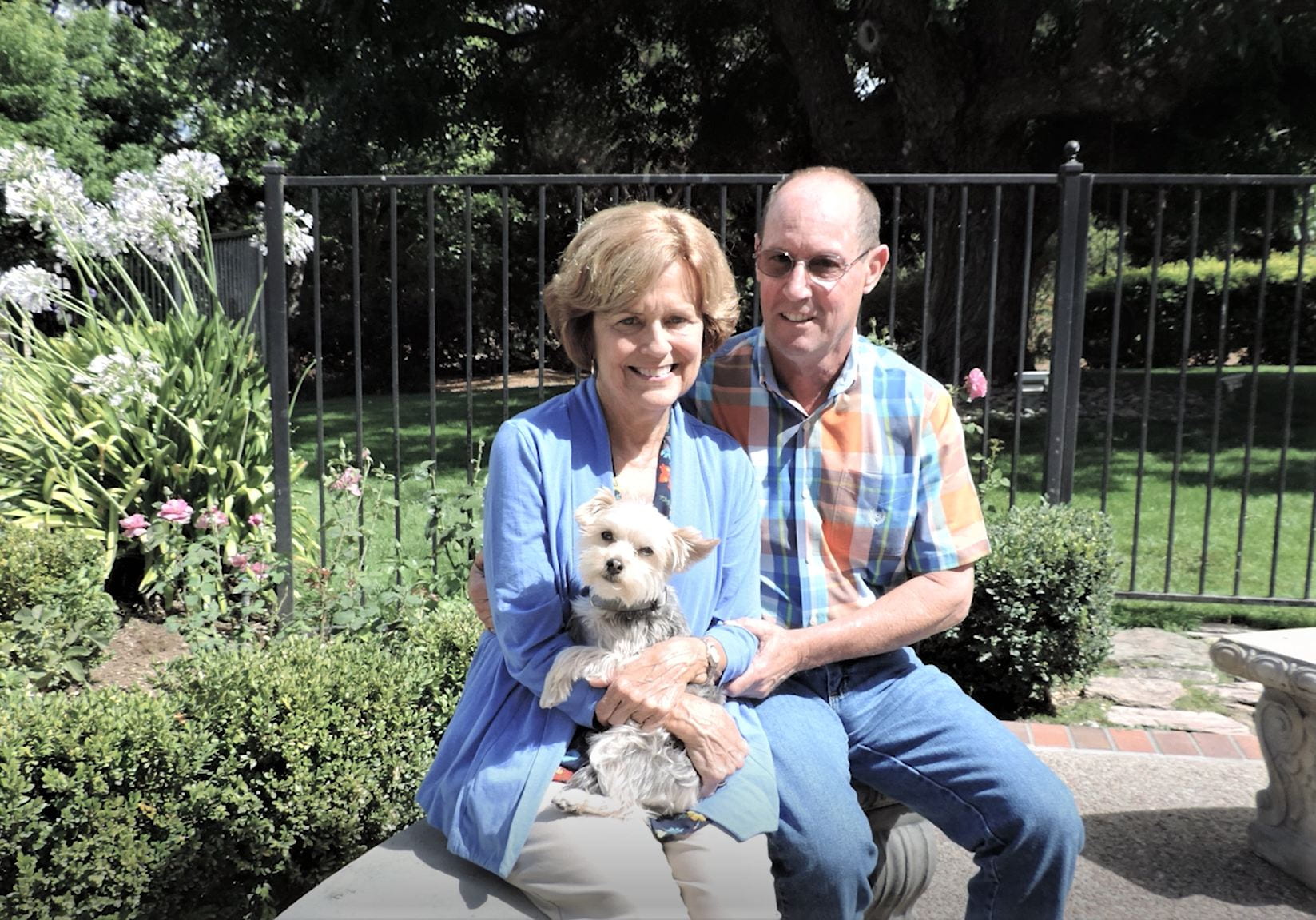Author: Maya Carlyle
May 25, 2021
SAN JOSE, California, San José State University; May 25, 2021:
In 2012 the CSU system launched a Doctor of Nursing Practice (DNP) program in California, aimed at elevating nursing practice in the state and increasing the potential pool of future nursing faculty. The northern California program was a consortium made up of Fresno State University and San José State University, working together to support their students in an online environment. The CSU Northern California Consortium DNP (NCCDNP) program ran for several successful years, graduating seven cohorts.

“The DNP program was life-changing and I know just how cliché that sounds. I entered the program as a seasoned Clinical Nurse Specialist but really left with a clear vision as a leader in nursing… The DNP has afforded me a broader view of healthcare and allowed me to influence nursing in a variety of ways in my current role. I’m forever grateful for my DNP.” said Lisa Walker-Vischer RN, DNP, CNS, CCRN, 2014 NCCDNP graduate and current CSU faculty member.
In 2019, San José State University branched off and launched its own DNP program within The Valley Foundation School of Nursing. One of the program’s mottos frames it well: the best of the past has been, and will continue to be, used to create the future of nursing and nursing education, and to improve patient outcomes in Santa Clara County and throughout California.
Michelle DeCoux Hampton, RN, PhD, MS, and one of the two program coordinators, explained, “[With] the program localized to SJSU, there is greater potential for partnership with the state-of-the-art medical centers and healthcare systems in Silicon Valley to work collaboratively toward promoting a culture of excellence in evidence-based practice, improved healthcare quality, and safety for residents of Santa Clara County and Northern California.”
Graduating DNP nurses will be practitioners who, according to the American Association of Colleges of Nursing (AACN), will develop “a blend of clinical, organizational, economic, and leadership skills […] to be able to critique nursing… and design programs of care delivery that are locally acceptable, economically feasible, and which significantly impact health care outcomes.”
These nurses are graduating now, in May of 2021, after 21 months of hard work and learning in leadership, implementation science, biostatistics and epidemiology, DEI and cross-cultural practice, data management and informatics, and instructional design, among many other skills and subjects. The program could not have seen 2020 coming, but these nurses overcame. And now, after five semesters of hard work, dedication, creative innovation, implementing positive change even as they learned, and the usual amount of blood, sweat, and tears, the DNP program at SJSU is proud to watch its first cohort of Doctors finish what they started.
Our graduates spent the years of their academic work also juggling many other demanding roles. Many were parents, teachers and program leaders, managers of multiple departments in multiple hospitals, program managers, department directors, and many took on more work, responsibility, and stress as the COVID-19 epidemic became a pandemic and changed everyone’s life. Through it all, our DNP students persevered.
“…[To the DNP program] Thank you for all of your dedication and patience. Thank you for your passion for excellence in education. Thank you for putting together a DNP program that I am absolutely proud to have been a part of. Thank you for not letting a global pandemic diminish the power of this program. Thank you for holding me to high standards so that I don’t question whether I’ve earned this degree. Thank you for knowing how important the support team is and making sure we had an amazing (and I do mean amazing) team in Maya and Brian. Thank you for bringing on instructors who share your passion for excellence and who value students as people and future nursing leaders. Thank you for knowing that Ruth and Michelle were the best leadership team in the world for this program, because they truly are the best. […] You set some high standards for us but it’s okay because you hold yourselves to those same standards. You are authentic. You are approachable… Thank you for making TVFSON at SJSU shine so brightly for all the degrees/programs. It has been a great ride!
Always a Spartan, though one concerned with hand hygiene,” – Tammi Reeves-Messner, DNP, MS, RN, RNC-NIC: 2011 BSN, 2016 MSN, and 2021 DNP graduate – all from SJSU.
Our 2021 DNP graduates:
Lynette Vallecillo Apen, DNP, RN, CNS, CNE
Division Dean, Nursing and Allied Health, Evergreen Valley College
Doctoral Project: Nursing Academic Leadership: An Urgent Workforce Shortage in California Nursing Education
Ena Andrea Arce, DNP, MSN, BSN, RN
Health Center Manager, Santa Clara Valley Medical Center
Doctoral Project: Programmatic Colorectal (CRC) Screening during a Pandemic: Nursing Telemedicine Education Among Latinx Adults in an Ambulatory Safety Net Clinic
Vanndy Linda Loth-Kumar, DNP, MPH, PMHNP-BC
Integration Services Lead, AACI; Public Health Nurse, Santa Clara County Public Health Department
Doctoral Project: Evaluation of a Wellness and Recovery Medication Services Program
Elisa Nguyen, DNP, MS, RN, CMSRN
Director of Clinical Services, Stanford Health Care
Doctoral Project: The Effectiveness of Resilience Training for Nurse Managers: A Case Study
Sandy Phan, DNP, MSN/Ed, RN, NPD-BC, CRRN
Nursing Professional Development Specialist, Stanford Health Care
Doctoral Project: Promoting Civility in the Workplace: Addressing Bullying in New Graduate Nurses Using Simulation and Cognitive Rehearsal
Tammi K. Reeves-Messner, DNP, MS, RN
Assistant Nurse Manager, Kaiser Permanente
Doctoral Project: Neuroprotective Care in the NICU: A Quality Improvement Project
Reynaldo G. Rosario Jr., DNP, MSN, RN, CPHQ, LSSBB
Enterprise Quality Manager – Accreditation, Regulatory Affairs, & Licensing (Santa Clara Valley Medical Center, O’Connor Hospital, St. Louise Regional Hospital, and DePaul Health Center)
Doctoral Project: Quality Improvement Initiative: To Improve Surgical Wound Classification
Dominique Ellen Teaford, DNP, RN, PHN, PMH-C
Supervising Public Health Nurse III, County of Santa Cruz – Health Services Agency
Doctoral Project: Website Redesign Project to Improve the Quality and Usefulness of the Perinatal Mental Health Coalition’s Resource Website
Stacey L. Teicher, DNP, MSN, PNP, BSN, RN
Oncology Nurse Practitioner, Kaiser Permanente
Doctoral Project: The effects of telehealth on patient satisfaction and information recall for breast cancer survivors during the COVID-19 pandemic.
Silvia L. Turner, DNP, MSN/Ed, CRRN, RN
Nurse Educator, New Nurse Employee Orientation Coordinator, VA Palo Alto Healthcare System
Doctoral Project: Virtual Training Impact on Nurses’ Self-Efficacy of Safe Patient Handling Equipment Usage
Colleen A. Vega, DNP, RN, MSN, ACHPN
Clinical Nurse Specialist, Stanford Health Care; Lecturer, San Francisco State University
Doctoral Project: The Effects of Virtual Reality on Symptom Distress in Patients Undergoing Hematopoietic Stem Cell Transplant
Additional questions? Please contact the DNP team via email at doctornursingpractice@sjsu.edu
###
Contact for more information
Web: http://www.sjsu.edu/nursing/Programs/DNP
Email: doctornursingpractice@sjsu.edu
Phone: 408-924-3182
Fax: 408-924-3135
Mailing Address:
The Valley Foundation School of Nursing, DNP
1 Washington Square, HB420
San Jose, CA 95192-0057
AACN quote taken from: https://www.aacnnursing.org/DNP/Position-Statement
 Bree Casas – The Valley Foundation School of Nursing
Bree Casas – The Valley Foundation School of Nursing 






